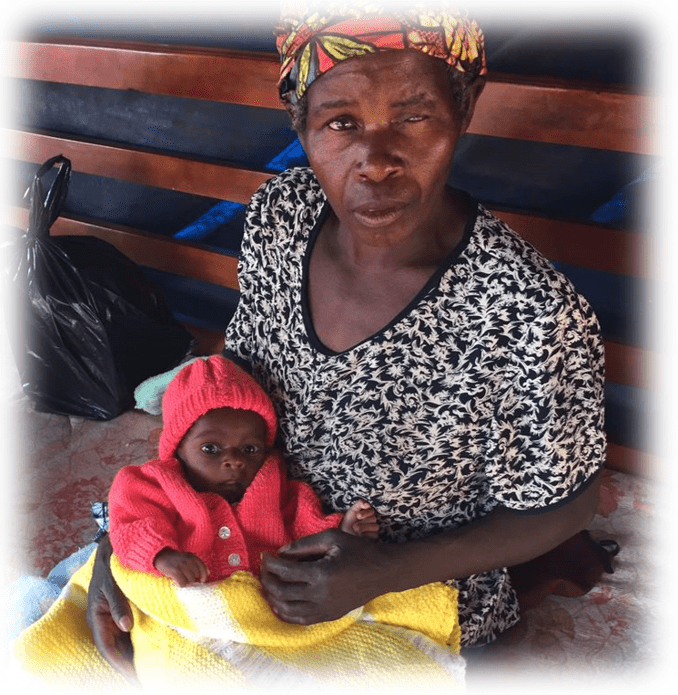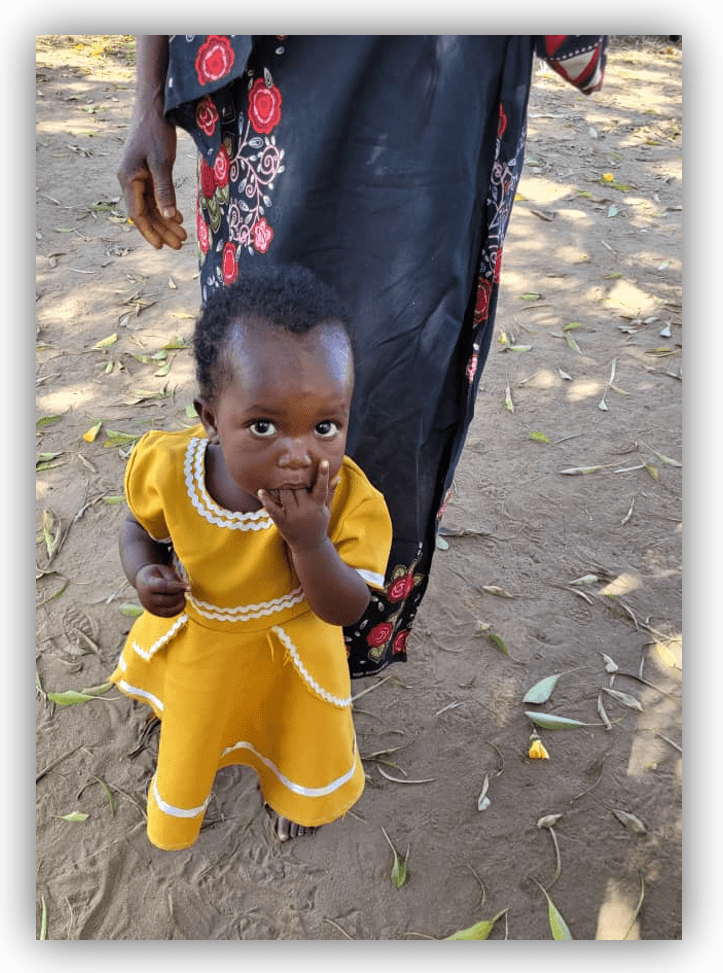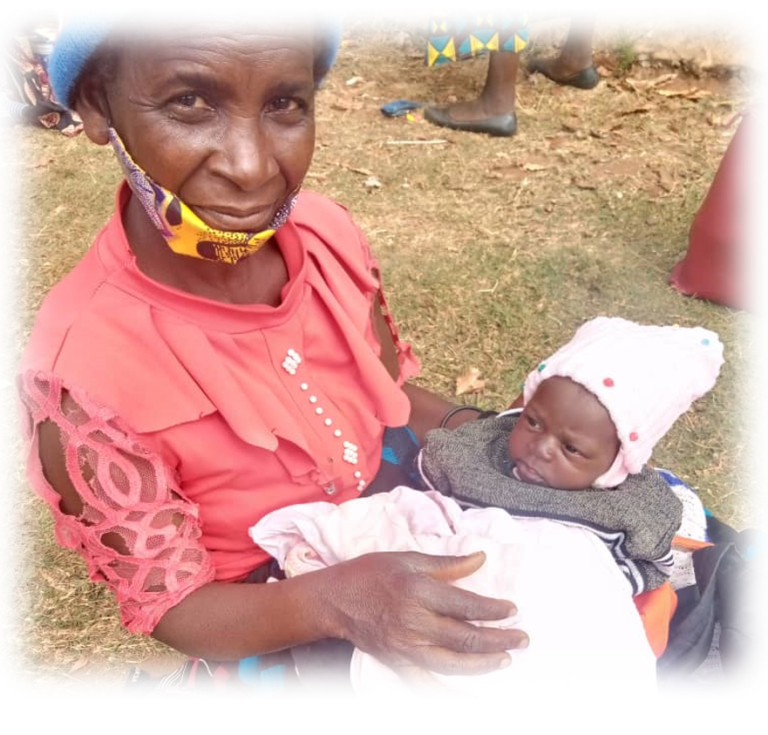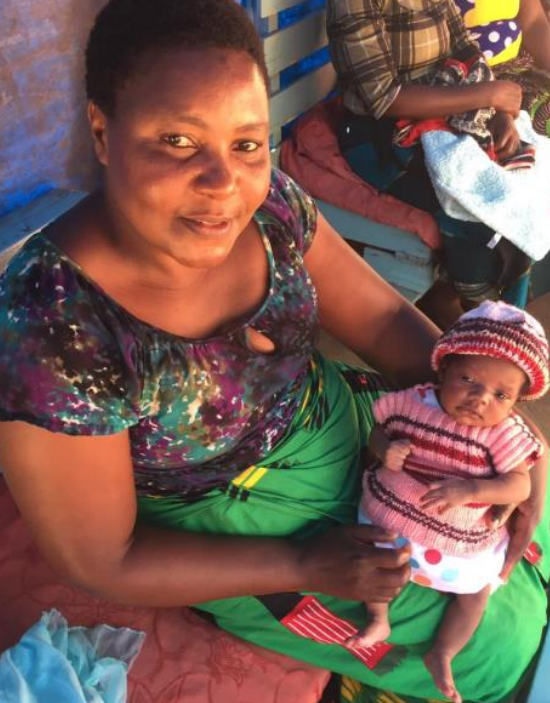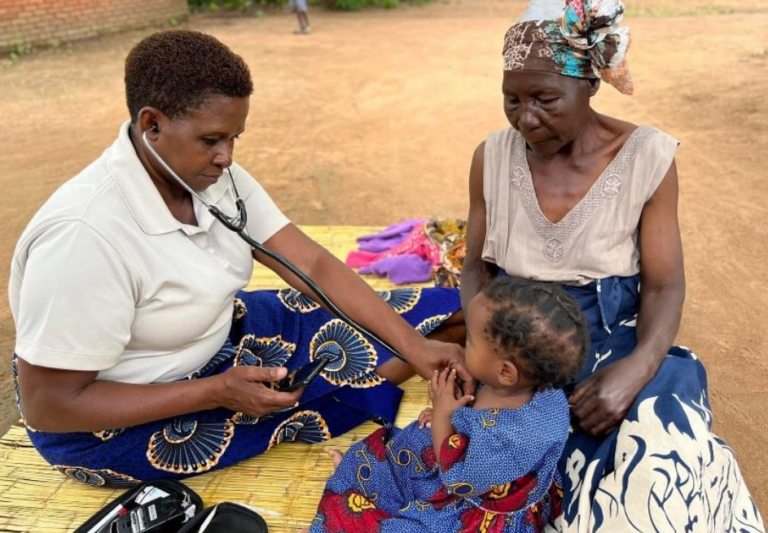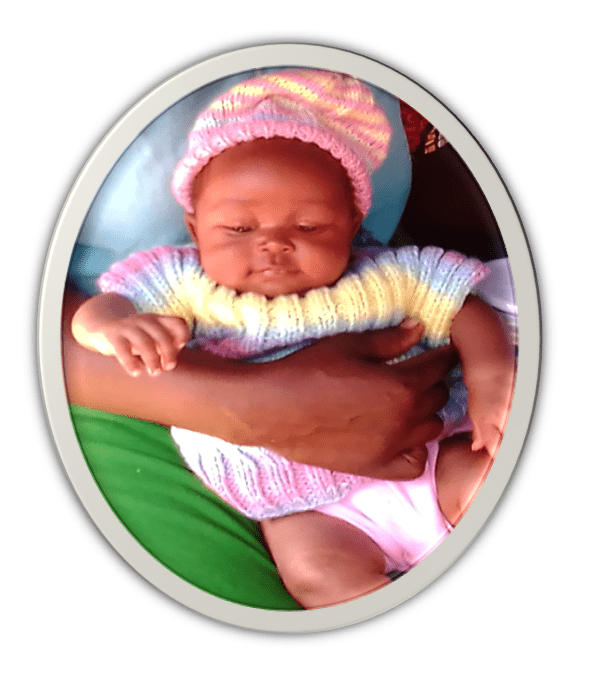Great News!
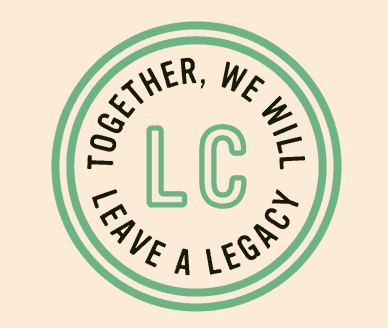
AMHI is the grateful recipient of a Legacy Collective Grant. We are incredibly grateful to the Legacy Collective for valuing our work and trusting the families we serve to be true partners in their care!

AMHI is the grateful recipient of a Legacy Collective Grant. We are incredibly grateful to the Legacy Collective for valuing our work and trusting the families we serve to be true partners in their care!
At 34 Emma was healthy and pregnant with her second child. On April 27th, she delivered him by c-section. Within 24hours Emma’s abdomen began to swell and when clinicians reopened her surgical wound, they discovered a perforated bowel. Part of…
